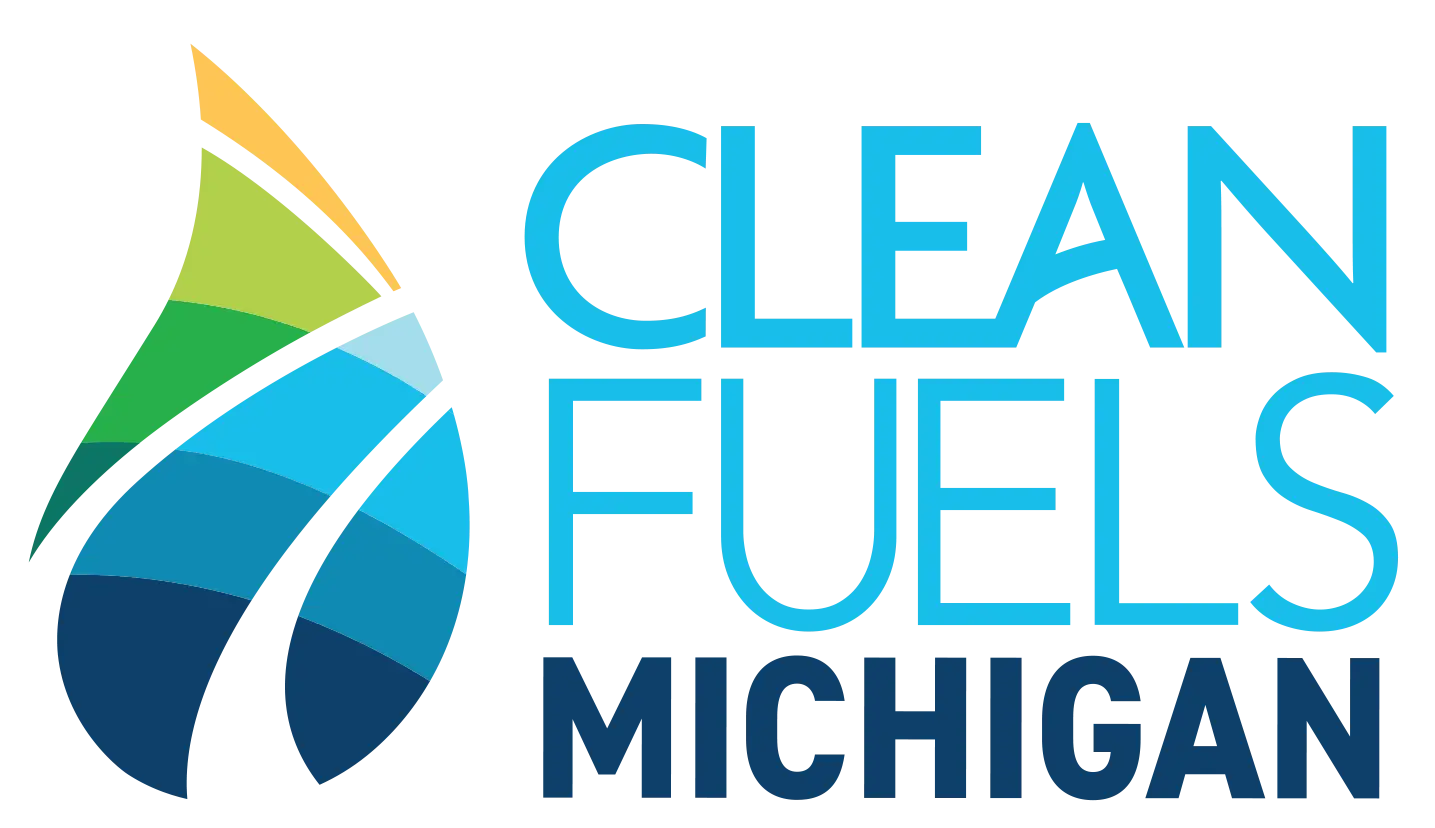Federal tax credits and incentives from the Inflation Reduction Act, CHIPS Act, and others have been pivotal in advancing the clean mobility industry in Michigan and across the country. Recent announcements and guidance on these incentive programs are reshaping the trajectory of sustainable transportation in Michigan and nationwide. Proper administration of these crucial incentives will allow them to act as powerful tools in advancing the clean mobility industry. Recently announced updates and guidance to clean mobility tax credits include:
Alternative Fuel Infrastructure Tax Credit (30C)
The US Department of Treasury’s guidance on the IRA Section 30C tax credit is a significant step towards fostering a robust charging infrastructure. Individuals in low-income and rural communities can receive up to $1,000 for installing home charging stations, while businesses can claim up to $100,000 for installing commercial charging equipment. The Treasury Department recently released its guidance on the geographic locations eligible for the incentive. This guidance ensures maximum accessibility to the tax credit for low-income and rural communities and a more inclusive approach. The Department of Energy published a map of the locations eligible for this tax credit. This move encourages the widespread adoption of electric vehicles and addresses the critical need for accessible charging across Michigan.
Clean Vehicle Tax Credit (30D)
The Clean Vehicle Tax Credit continues to offer a $7,500 credit toward the purchase of an eligible new EV and $4,000 for the purchase of an eligible used EV. New beginning in 2024, the IRS approved a rule change that would allow the tax credit to be applied at the point of sale, providing immediate savings for EV buyers. There are limitations on which vehicles are eligible for the credit, so be sure to check out the list of vehicles eligible for the tax credit in 2024. The Clean Vehicle Tax Credit is an important tool for making cleaner transportation options cheaper for Michigan residents.
Hydrogen Production Tax Credit (45V)
In December, the IRS released draft guidance on the Section 45V Hydrogen Production Tax Credit. The draft guidance includes additionality and time-matching requirements for producing clean hydrogen to qualify for the incentive. The IRS solicits comments on the draft guidance, with comments due on February 26th. There will be a final public hearing on the guidance on March 25th. Check out our previous blog about the importance of flexibility in implementing the 45V tax credit.
Elective Payment Form Released
In December, the IRS released the registration portal for elective or “direct pay” for tax credits under the Inflation Reduction Act and CHIPS Act, allowing nonprofits, local governments, and other tax-exempt entities to receive a payment equal to the value of the tax credit for the applicable clean energy project.
Collectively, these federal tax credits and incentives will be integral in bolstering Michigan’s clean mobility industry. By encouraging the development of EV charging infrastructure, incentivizing the purchase of clean vehicles, and supporting the needs of emerging sectors like clean hydrogen, these federal incentives will support Michigan’s transition to sustainable transportation. As we celebrate the successes, Clean Fuels Michigan will continue to engage in comment periods regarding the administration of these programs (and others!) to ensure they evolve best to address the needs of Michigan’s clean mobility industry.
